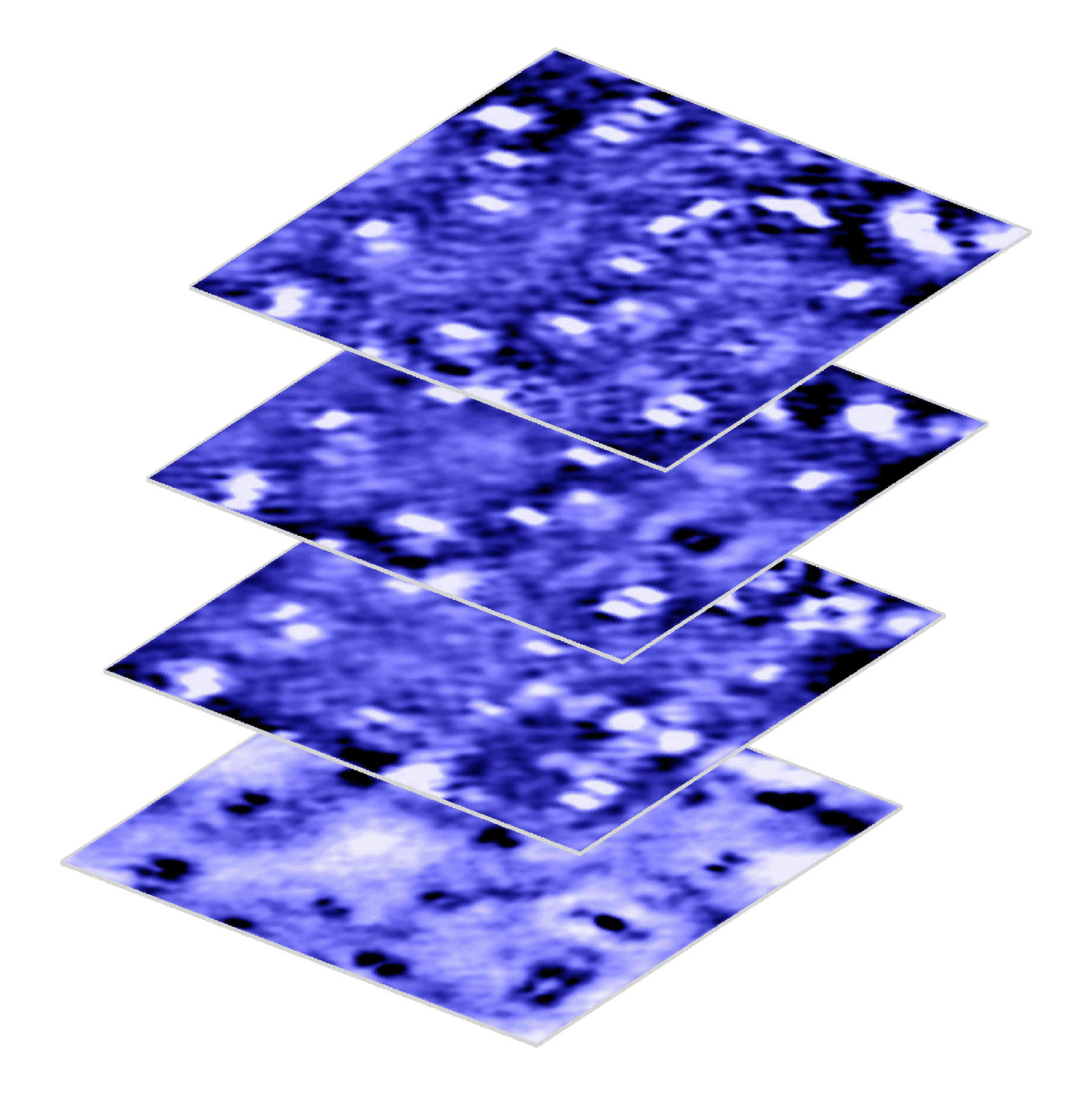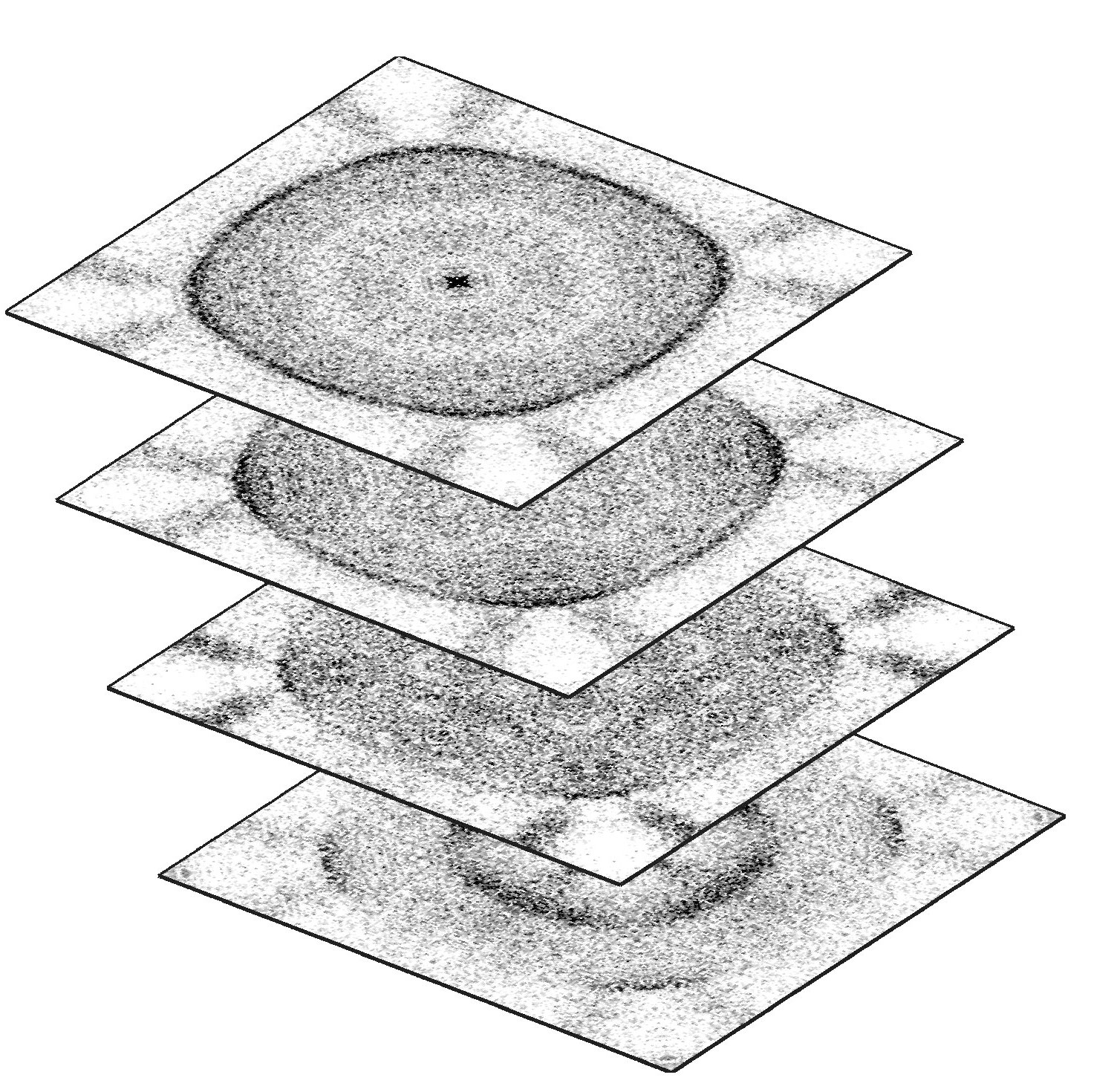Courses
Research Design in International Relations
This is an introductory course on international relations research. We will cover a variety of topics, including different research methods, research design, concept definition, measurement, theory development, hypothesis formatting and testing. Class time will be devoted to lecture, discussion of assigned readings, and students’ presentation of their own research proposals and peer comments. This is a writing-intensive course, which means that we will devote a substantial amount of time to the practices of evaluating others’ writing as well as improving our own writing skills. One of the purposes of this course is to assist you in writing your senior thesis in the field of International Relations. The philosophical and conceptual foundations, the research skills and methods you learn and apply in the course will help you in your independent research in your senior thesis and beyond.

Probability and Statistics
What is the probability that two states will go to war in a particular year? How likely is it that Justice O’Connor will vote to grant cert in an abortion rights case? How strong is the relationship between issue preferences and voter behavior? Do domestic political institutions systematically impact currency markets? The use of quantitative methods allows political scientists to answer these types of questions. This course is a first look at these methods. The major topic will be probability theory and introductory inferential statistics. These two topics form the infrastructure on which all statistical work is based. To understand these more advanced methods, it is vital to have a background in these topics. Unfortunately, this means that we will read little applied research, and will devote most of our time to the abstract world of probability theory and the logic of statistical inference.

Intro to Quantatitive Methods
This is a second under-graduate course on statistics and data analysis, a continuing course of POL 345. This course provides working knowledge of data analysis using regression models. Topics include multiple regression techniques, probit and logit models for discrete outcomes, variable selection, and missing data. Students will learn how to build regression models to answer substantive questions, how to draw statistical inference for regression coefficients, and how to overcome situations when the basic model assumptions are violated by observational data. Coursework will involve using R to analyze real data sets.
Applied Bayesian statistics for the social sciences
This is a graduate course on applied Bayesian statistics for the social sciences. This course is intended to introduce students to theory of Bayesian statistics and Markov chain Monte Carlo and provide students with techniques to build sophisticated statistical models to answer substative research questions. Students in the class will be able to implement Bayesian models using modern software tools, make inferences based on posterior distributions, and conduct model assessment and covergence diagnostics. Students who excel in the course will be in a position to develop innovative models and MCMC algorithms of their own, thus contributing to the field of political methodology.